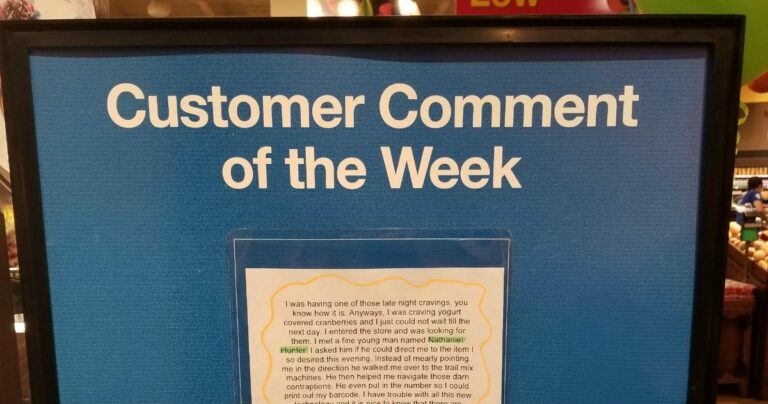Turns Out, Your Baby Can Tell If A Person Is Bad

When you think of babies, a few things come to mind. They cry, right? Sometimes a lot. They eat pretty much constantly (and then suddenly not at all when they’re toddlers). They don’t sleep as much as you wish they would. And they’re also really good for cuddles and sloppy kisses and blowing a diapers at the most inopportune times. There’s not a whole lot of mystery involved when it comes to babies – there’s no magical formula to get them to sleep through the night, for example. But babies are a lot deeper than we think. A new study suggests that babies can tell if a person is bad. Meaning, they have a special sense that we either don’t have or choose to ignore. So in other words, babies are a lot more like dogs than we ever imagined.
According to The Guardian, babies can tell if a person is bad, from as young as six months old.
The study cited by the publication was conducted by researchers at Yale University. Babies were introduced to a series of characters who were either trying to help push a circular blob up a hill, or trying to prevent it from happening. The helpful character was a triangle, while the unhelpful character was a square. The babies involved in the study, all either 6 or 10 months old, were offered the choice of holding the triangle or the square. All twelve 6-month-olds chose the triangle, while fourteen out of sixteen 10-month-olds chose the helpful shape.
Professor Karen Wynn is a psychologist at Yale University in Connecticut, and was part of the team who performed the study. Wynn believes the data shows that babies may have an innate sense of moral judgement. She suggests that a child’s moral compass is not just determined by their parents and how they are raised.
Another Yale study seems to confirm that babies can tell if a person is bad.
A study conducted at Yale University’s Infant Cognition Center presented babies with a puppet trying to open a box. One puppet, the “good” puppet, helped open the box. Another puppet, the “bad” puppet, kept trying to slam the box shut. More than 80% of babies chose the good puppet.
You may have experienced something like this with your own babies. Maybe they were uncomfortable with a new person for no apparent reason, or maybe they react negatively to certain facial expressions or tones of voice. But it does make sense! And it really highlights the importance of trusting your baby’s instinct. Don’t write off their standoffishness as just being cranky – they may sense something about a person that you don’t.






